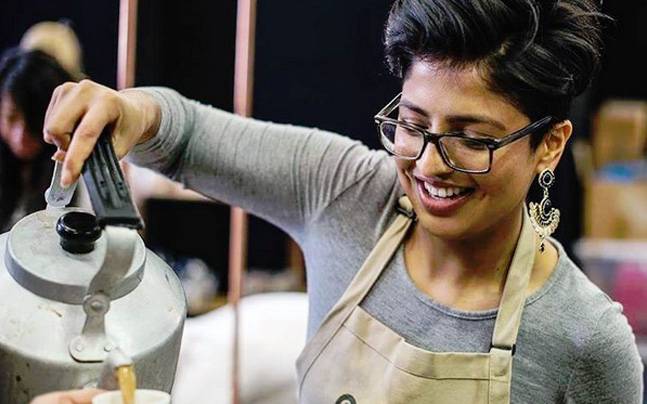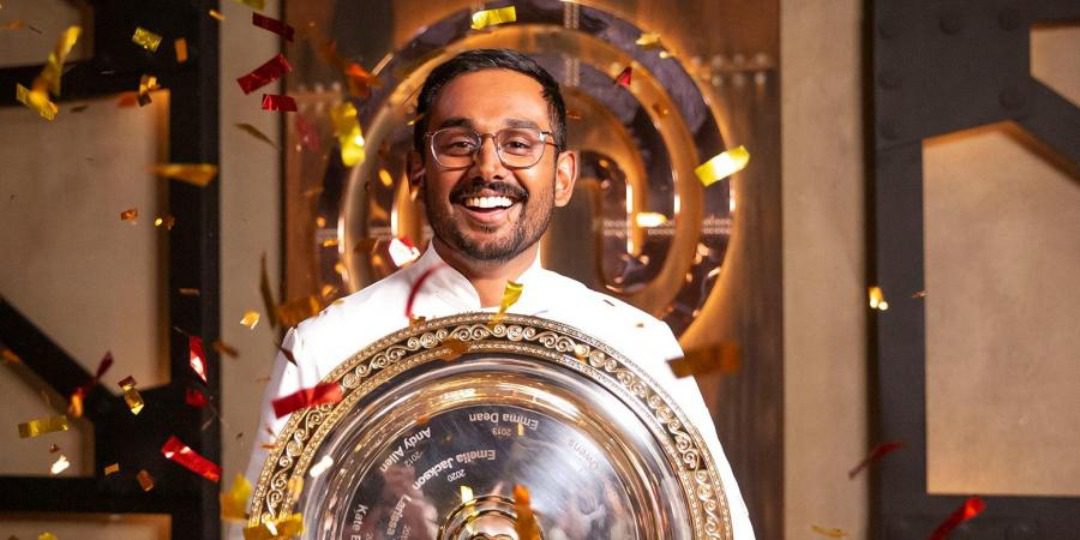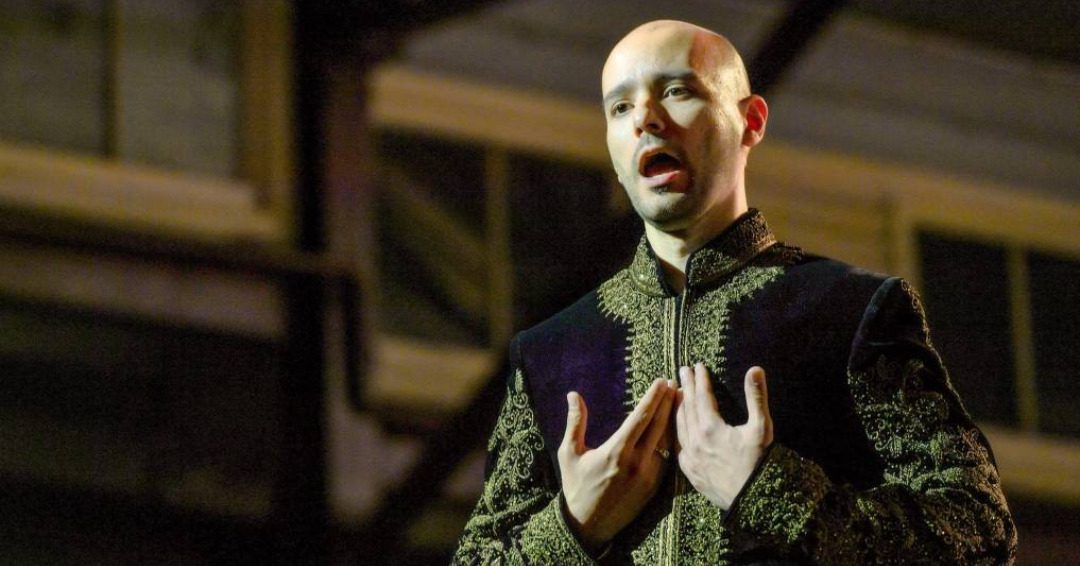(November 3, 2021) Who would have thought that a cup of tea could propel a 20-something Indian Australian into the country’s big league? But that’s exactly what happened with Uppma Virdi, a Sydney-based lawyer, who shot to fame with her venture Chai Walli. So much so, that in 2016 Virdi was selected as Businesswoman of the Year at the 2016 Indian Australian Business and Community Awards (IABCA).
Quite the accidental entrepreneur, Virdi chanced upon the idea for Chai Walli when she was working as a commercial lawyer. Despite a full-fledged legal career ahead of her, advising some of the fastest growing tech startups and a growing portfolio of employment, IP, and commercial clients, this Global Indian decided to set up a new venture on the side. She founded Chai Walli, a tea business focused on introducing to Australia authentic Indian and Ayurvedic teas. The venture took off and soon Virdi was included in the Forbes 30 Under 30 list.
Check out my latest article: Chai Walli Winner of the Micro Business of the Year Award 2021 at the IABCA Gala Night! https://t.co/iF70QBdGpw.
— Uppma Virdi (@UppmaV) May 18, 2021
The girl from Chandigarh
Born in Chandigarh in 1990, Virdi was raised in Melbourne where her family moved when she was one-year-old. She did her Bachelors of Law and Commerce from Deakin University and a Graduate Diploma of Legal Practice from The College of Law. Throughout her student years, Virdi worked actively; sometimes as a customer sales representative and sometimes as a seasonal clerk. She also worked as a paralegal towards workers compensation and also completed her secondment with Toyota Motors in Australia.
Through it all, her love for tea remained a constant. Always the go-to person to make tea for family gatherings and friends, she once made as many as a thousand cups of tea during her brother’s wedding. In an interview with SBS she said, “In the Indian culture people come together through tea. Whether it’s a happy occasion or a difficult moment, tea is all pervasive. I tried, but couldn’t find many good tea places in Australia.”

Brewing mantra
Virdi launched Chai Walli in 2014 while still doing her day job at a law firm. Her introduction to tea, she says, was courtesy her grandfather, who was an Ayurvedic doctor. He was the one who taught her how to make a cup of good herbal tea. It was these lessons that she channeled into her startup and began offering Australians a good cup of chai. Her chai business began as a side project while she continued in her day job as a lawyer. She would spend evenings and the weekends blending chai with a pestle, which she would then take to the markets to brew fresh masala chai for the customers. Her tea began gaining popularity and soon Chai Walli was a phenomenon in its own right.
Initially though, her family had quite a few misgivings about this lawyer plunging headlong into the chai business. “My parents were against my decision. They wondered why I wanted to be a tea-seller of all things. That’s when I had to convince them that chaiwallas too can do something worthwhile,” she said in an interview.
Road to success
In a country where coffee was the norm, Virdi made inroads with her steaming cups of Indian chai and its various variants. She began her journey of popularising tea with seminars on The Art of Chai with the aim to educate Australians on the nutritive benefits of Ayurvedic tea. Her workshops did the rounds of social media and she began selling her tea in small stores in Australian markets. She tied up with poor tea farmers in India and imported their produce to Australia. For Virdi, this was an opportunity to familiarise Australians with Indian culture and what it meant to be a first-generation Indian migrant.
Today, Virdi’s online store sells a variety of teas and related products such as candles, pots, kettles, strainers and tea flavoured goodies. The original Chai Walli blend is made with 11 fresh spices, with the warm and cool spices being tempered as per the season to enhance the chai experience. Her workshops where she coaches people on how to brew the perfect cup of chai is quite the rage with tea enthusiasts.

Chai Walli won the best chai award at the Royal Hobart Fine Food Awards in 2017 and was the finalist at the Best Health Food and Beverage Awards. In all, the brand offers 15 Ayurvedic blends and teas with the tea being sourced from organic farms in India. For now, the lawyer-turned-entrepreneur, who was featured in Forbes 30 Under 30 is on a mission: to rid the world of bad chai.
- Follow Uppma Virdi on LinkedIn, Instagram, and Twitter.



